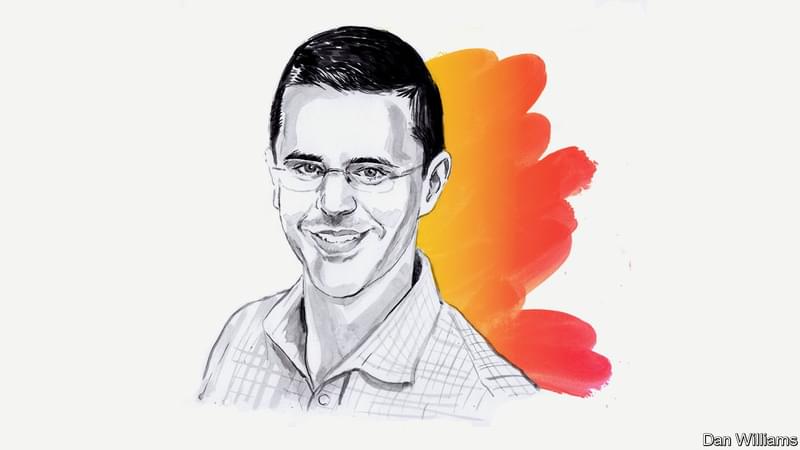Zoning for emissions cuts
Building dense, mixed-use and largely car-free neighborhoods cuts carbon — and the benefits don’t stop there.
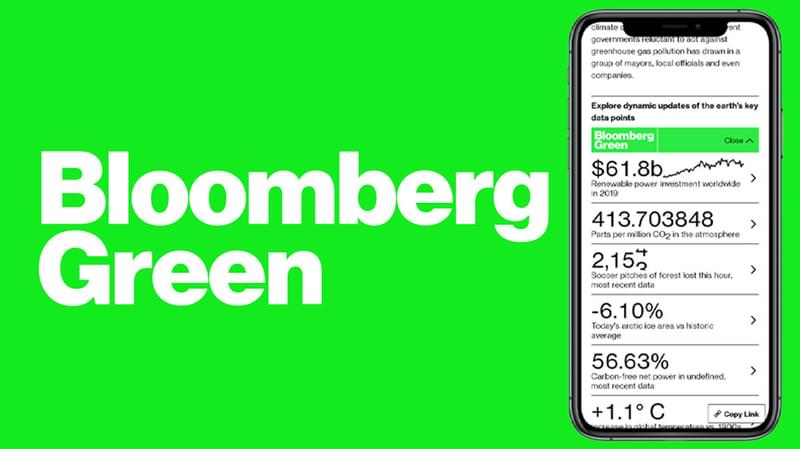
My columns, essays, books, as well as research and teaching materials like case studies.
Building dense, mixed-use and largely car-free neighborhoods cuts carbon — and the benefits don’t stop there.

To ditch fossil fuels for good, we must combine a range of technologies and approaches.

Book excerpt
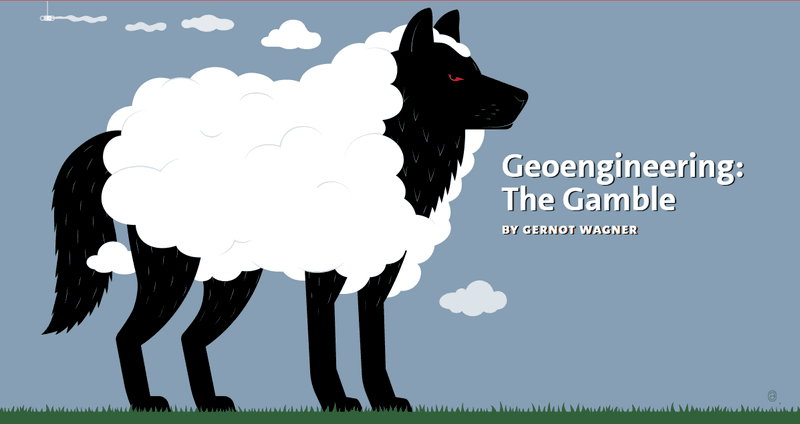
The regulations’ benefits outweigh their costs. That means we’re not maximizing their potential.
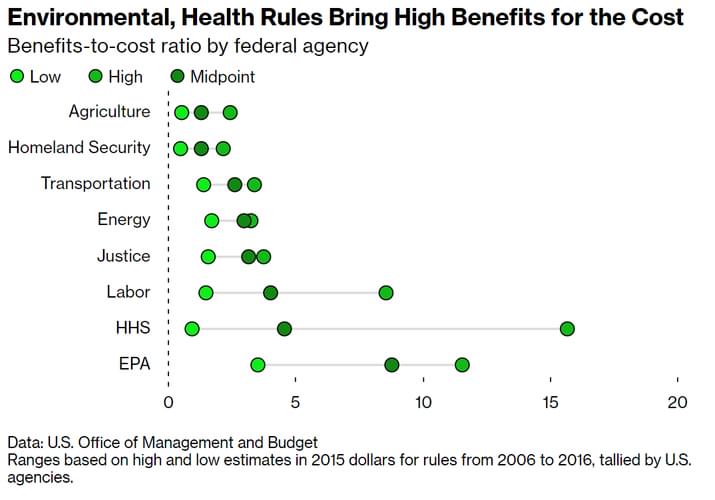
New carbon removal funds show the private sector is stepping up on climate, and that’s reason for optimism.

Hint: Reducing them isn’t the answer.
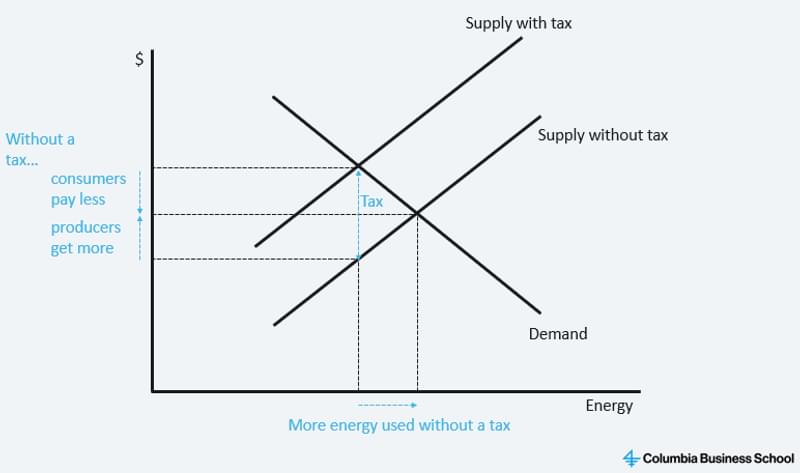
Hamburgers and fossil fuels are both dense sources of energy, and society has made them convenient. That doesn’t mean they’re good for us.
Solares Geoengineering ist riskant – sehr riskant sogar. Dasselbe gilt aber auch für die Abhängigkeit von fossilen Brennstoffen und den Klimawandel. Trotzdem emittieren wir weiterhin CO2. Nehmen wir das richtige Risiko in Kauf?

Instead of waiting until 2030, Europe should rip the Band-Aid off now

One-off events like Deepwater Horizon leave a lasting impression, but the normal burning of fossil fuels has an even worse impact.

A multi-trillion-dollar global investment seems massive. But the closer you look, the smaller the numbers become.
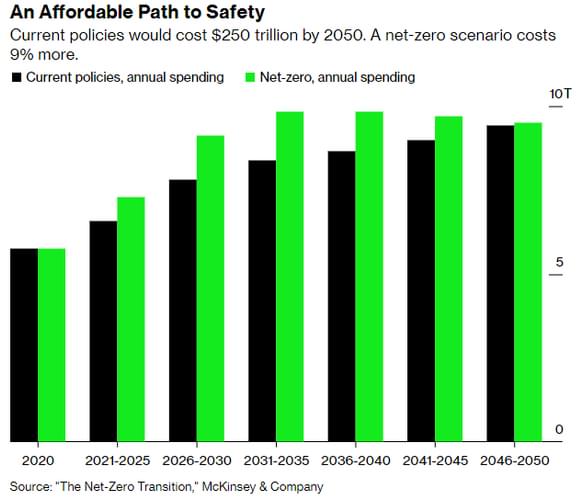
The severity of the climate crisis necessitates a new look at nuclear power
Investing in the next generation of nuclear reactors could give the world an important tool for reducing carbon emissions.
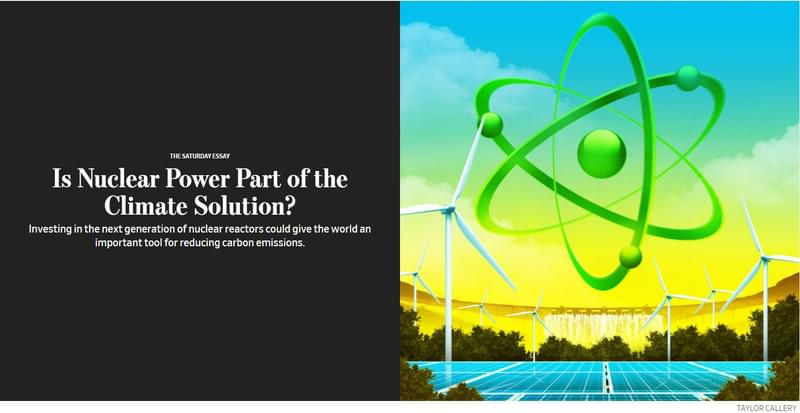
Acting early can change the entire trajectory of a pandemic — or the global climate crisis
Arguments to limit economic growth are all too tempting, but effectively fighting climate change implies more growth, not less.
von Gernot Wagner

Four ways to improve UN climate conferences
by David R. Kanter et al.
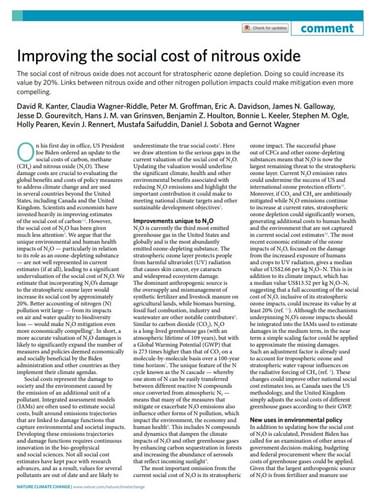
In der Stadt leben? Oder auf dem Land? Wo fühlen wir uns wohler? Zur ARD-Themenwoche "Stadt. Land. Wandel." Essay von Gernot Wagner, gelesen von Tarek Youzbachi

Personal efforts make a difference when they gather momentum across society, says a climate economist
